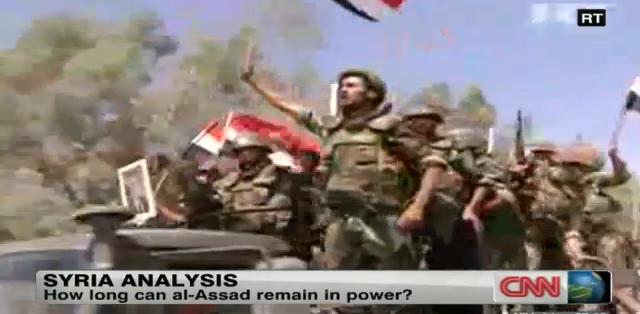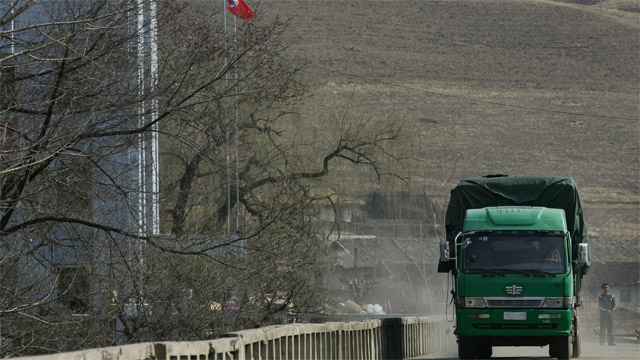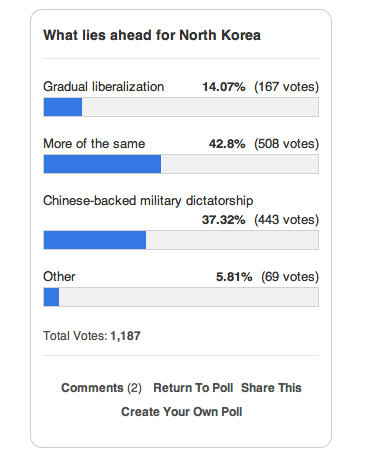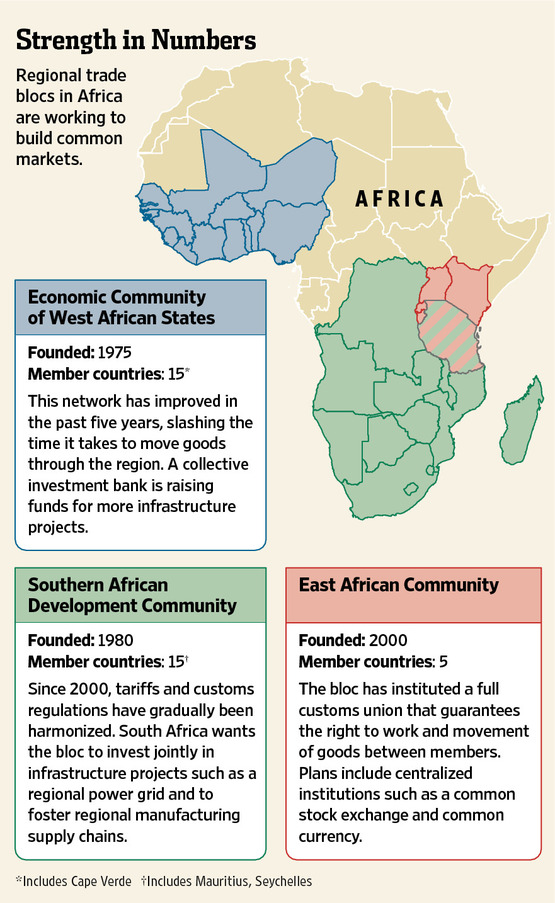Wikistrat post @ CNN/GPS: What Comes After Chavez?
 Friday, February 10, 2012 at 9:44AM
Friday, February 10, 2012 at 9:44AM Editor’s Note: The following piece, exclusive to GPS, comes from Wikistrat, the world's first massively multiplayer online consultancy. It leverages a global network of subject-matter experts via a crowd-sourcing methodology to provide unique insights.

This Sunday, the historically disorganized Venezuelan opposition movement is holding its first-ever presidential primary to decide upon a single candidate to challenge long-time strongman Hugo Chavez. With regional governor Henrique Capriles expected to prevail, the aging Chavez faces a younger version of himself: namely, a dynamic rising star promising to transform the political landscape. This time, however, the figure is moving it away from the heavy-handed populism initiated by Chavez after he swept into office in 1998.
Over the course of his tenure, Chavez’s pursuit of “21st century socialism” in Venezuela has propelled him to self-declared “president for life” status. Among his accomplishments are the systematic and brutal persecution of political opponents and critical journalists, the stacking of parliament with his supporters, various cash-payment programs to the voting poor to ensure his popularity, and - in a related dynamic - the general undermining (aka, looting) of the country’s primary economic engine, the national oil company known as PDVSA. Chavez has also turned Venezuela into one of the most crime-ridden nations in the world with the annual inflation averaging close to 30 percent.
Still, El Comandante has inspired copycat Chavista leaders in Bolivia, Ecuador and Nicaragua, and has reinvigorated Cuba’s communist dictatorship - all the best friends that money can buy.
But with the de facto dictator mysteriously seeking cancer care in Havana last year, widespread talk has surfaced that this election may well be Chavez’s last. Taking that hypothetical as our starting point, this week’s Wikistrat crowd-sourced analysis looks at what just might lie ahead for a post-Chavez Venezuela. Here are five pathways to consider.
Read the entire post at CNN's GPS blog.

 Brazil,
Brazil,  China,
China,  Iran,
Iran,  Latin America,
Latin America,  Russia,
Russia,  US foreign policy | in
US foreign policy | in  CNN/GPS blog,
CNN/GPS blog,  Wikistrat |
Wikistrat |  Email Article |
Email Article |  Permalink |
Permalink |  Print Article
Print Article 

























